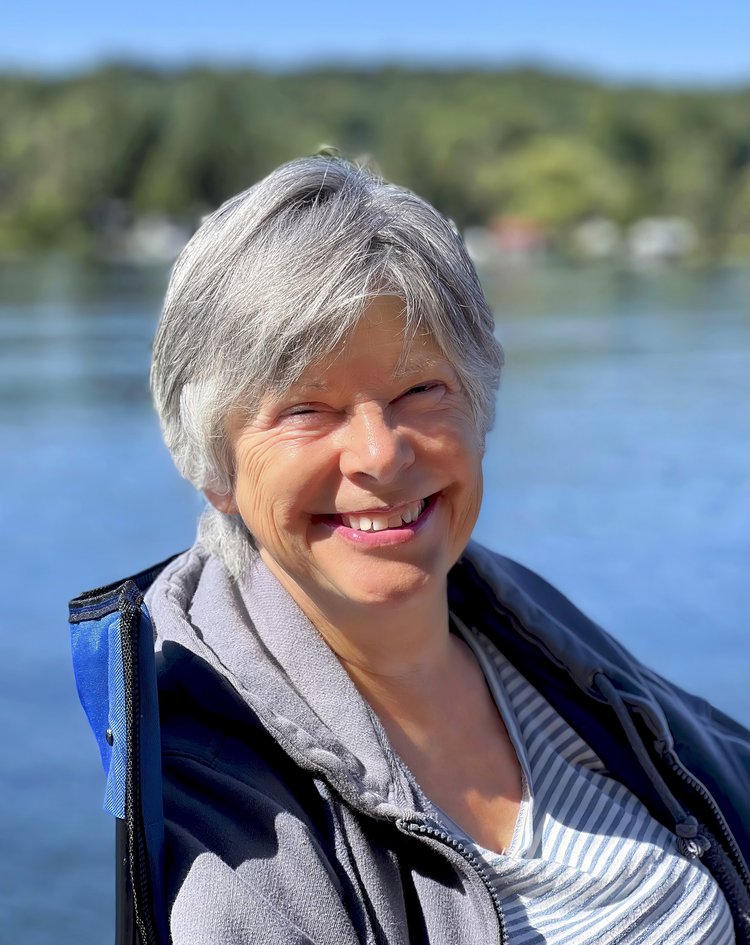 We’re past the election, past Memorial Day. But we’re not past seeing the photos and names of dead soldiers roll by at the end of the PBS News Hour. How many years has it been? Night after night. It might be different ( a lot of things would be different, I suspect) if we were all sacrificing equally, if all sorts of families—rich and poor, humble and prestigious—were losing their sons and daughters and moms and dads. But it’s preponderantly the poor kids from small towns. Or poor kids from the inner city.I wrote a poem about this. I mention the great World War I poets, Siegfried Sassoon, Rupert Brooke, and Wilfred Owen. It was Owen who wrote “Anthem for Doomed Youth.” (And the book I mention is Make Way for Ducklings, first published in 1941).The poem will be in my new book but here it is, now:Here, In Silence, Are Eight MoreNight after night the photos of dead soldiersgo by on the News Hour like playing-cards while we drinkour wine, though we stop for that length of time, of course,out of reverence, but it’s not enough. The well ofhow-not-enough-it-is is bottomless, deeper than TV. Evenif you track back through the Comcast cable, back tothe electrical impulses, you’re not even close to what to do.Not even if you end up on Main Street in Salisaw, Oklahoma,and follow the 19-year-old into the storefront full ofuniforms, crisp, medallioned, follow not his vanitybut his hope, his longing for order, for the squared shouldersof order, his wish for the vast plains of the worldto unroll at eye-level, so he can walk out into the particulars,the screaming, the blood. Owen, Brooke, Sassoon: whatanthem for doomed youth this time? His death restslike a quarter in the pocket, a sure thing. Its arrivalis a few missing lines I fill in, wrongly, becausethe mind does that: I have him watching in slow motion,with love and pity, the flowers beginning to bloomon his shirt, the sky closing like a book. Sadly, then,he disappears entirely into my mind, his last breatheasing between my words. There was a book in his childhood.No, mine. Ducks cross the road, a mother duck leads themthrough traffic to the pond. The pages flip so thatthe ducks seem to move. They slide into the pondwith the satisfaction of making it through the humanconfusion. Our soldier floats like a duck. Like a night-flightcasket. In the photo his eyes, straight-forward, being allthey can be, float on the surface of a pool of uncataloguedgenetic material. One snapshot in time, his eyes werelike that, his mouth. He can’t remember. He never waslike that. He was playing dress-up, then, hoping to make it true,and did, so true no one could get in a word, in protest.
We’re past the election, past Memorial Day. But we’re not past seeing the photos and names of dead soldiers roll by at the end of the PBS News Hour. How many years has it been? Night after night. It might be different ( a lot of things would be different, I suspect) if we were all sacrificing equally, if all sorts of families—rich and poor, humble and prestigious—were losing their sons and daughters and moms and dads. But it’s preponderantly the poor kids from small towns. Or poor kids from the inner city.I wrote a poem about this. I mention the great World War I poets, Siegfried Sassoon, Rupert Brooke, and Wilfred Owen. It was Owen who wrote “Anthem for Doomed Youth.” (And the book I mention is Make Way for Ducklings, first published in 1941).The poem will be in my new book but here it is, now:Here, In Silence, Are Eight MoreNight after night the photos of dead soldiersgo by on the News Hour like playing-cards while we drinkour wine, though we stop for that length of time, of course,out of reverence, but it’s not enough. The well ofhow-not-enough-it-is is bottomless, deeper than TV. Evenif you track back through the Comcast cable, back tothe electrical impulses, you’re not even close to what to do.Not even if you end up on Main Street in Salisaw, Oklahoma,and follow the 19-year-old into the storefront full ofuniforms, crisp, medallioned, follow not his vanitybut his hope, his longing for order, for the squared shouldersof order, his wish for the vast plains of the worldto unroll at eye-level, so he can walk out into the particulars,the screaming, the blood. Owen, Brooke, Sassoon: whatanthem for doomed youth this time? His death restslike a quarter in the pocket, a sure thing. Its arrivalis a few missing lines I fill in, wrongly, becausethe mind does that: I have him watching in slow motion,with love and pity, the flowers beginning to bloomon his shirt, the sky closing like a book. Sadly, then,he disappears entirely into my mind, his last breatheasing between my words. There was a book in his childhood.No, mine. Ducks cross the road, a mother duck leads themthrough traffic to the pond. The pages flip so thatthe ducks seem to move. They slide into the pondwith the satisfaction of making it through the humanconfusion. Our soldier floats like a duck. Like a night-flightcasket. In the photo his eyes, straight-forward, being allthey can be, float on the surface of a pool of uncataloguedgenetic material. One snapshot in time, his eyes werelike that, his mouth. He can’t remember. He never waslike that. He was playing dress-up, then, hoping to make it true,and did, so true no one could get in a word, in protest.
Here, in Silence, More Soldiers Dead
in Archive
